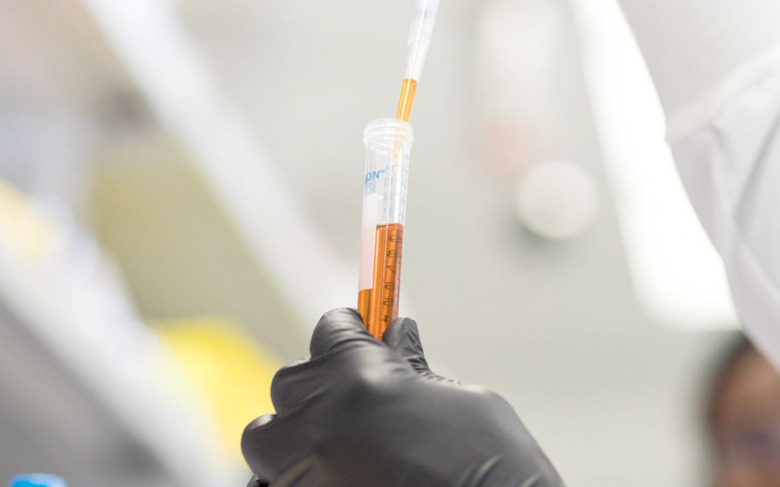CDC Endorses COVID-19 Boosters As Damning School Mask Study Released
The US CDC is recommending COVID-19 booster shots for certain at-risk groups, joining the FDA in green-lighting extra injections as particularly virulent strains of coronavirus continue to spread widely. The announcement comes alongside newly published CDC research about mask-wearing in schools, and how areas without consistent school masking policies are more likely to have COVID-19 outbreaks.
"One report from Arizona revealed that schools in two of the state's most populous counties were 3.5 times more likely to have COVID-19 outbreaks if they did not have a mask requirement at the start of school compared with schools that required universal masking on day one," the CDC pointed out today."
Nationwide, the CDC concluded, those counties that lacked official masking requirements were seeing nearly twice the number of pediatric COVID-19 cases as those areas with policies about wearing masks at schools. In the two weeks from the start of school, a study revealed, the average change in cases of coronavirus among children was around 16 per 100,000 students per day in counties with school mask requirements. In counties without those requirements, the number was almost 35 cases per 100,000 per day.
"This highlights the impact that universal masking policies can have on the communities that surround these school districts," the CDC points out, "as the impact of the policies can reduce the burden on the health care systems that support these school districts."
Now, the CDC is joining the FDA in promoting COVID-19 vaccine booster shots. The FDA announced the new authorization earlier this week, after its advisory panel issued narrower than expected recommendations for boosters last week. Rather than suggest they were appropriate for all US adults, the independent scientific panel instead concluded that it made most sense for at-risk groups like healthcare workers, along with those with underlying medical conditions.
Currently, only one vaccine is approved for that booster: the Pfizer-BioNTech vaccination, branded Comirnaty. Moderna is currently working on achieving full FDA approval for its COVID-19 vaccination.

Today, the CDC issued its new vaccine booster recommendations. Those aged 65 years or older, and residents in long-term care settings, should receive a booster of the Pfizer shot at least 6 month after their primary series of injections. Those aged 50-64 and who have underlying medical conditions should also get the booster, at least 6 months after the primary series.
Those people aged 18-49 years and who have underlying medical conditions, meanwhile, may receive a booster shot. Again, that should be no sooner than 6 months after the primary series of shots. Whether or not they get the booster should be calculated based on individual benefits and risks.
Finally, the CDC said, those aged 18-64 years who are, due to occupational or institutional setting, at increased risk of COVID-19 exposure and transmission may also get a booster. That could include front-line workers, those working in healthcare settings, teachers, and others. Again, the decision should be based on individual benefits and risk.
"Many of the people who are now eligible to receive a booster shot received their initial vaccine early in the vaccination program and will benefit from additional protection," the CDC said in a statement. "With the Delta variant's dominance as the circulating strain and cases of COVID-19 increasing significantly across the United States, a booster shot will help strengthen protection against severe disease in those populations who are at high-risk for exposure to COVID-19 or the complications from severe disease."
Currently, according to the latest CDC figures, 55-percent of the total US population is considered fully vaccinated. 64-percent of the total US population has received at least one dose. Since August 13, 2021, 2.37 million people have received an additional dose. The CDC is hoping that its new advice will see that latter figure rise, even as more people get their initial vaccine series.
"This aligns with the FDA's booster authorization and makes these groups eligible for a booster shot," CDC Director Dr. Walensky said today in a statement. "Today, ACIP only reviewed data for the Pfizer-BioNTech vaccine. We will address, with the same sense of urgency, recommendations for the Moderna and J&J vaccines as soon as those data are available."
